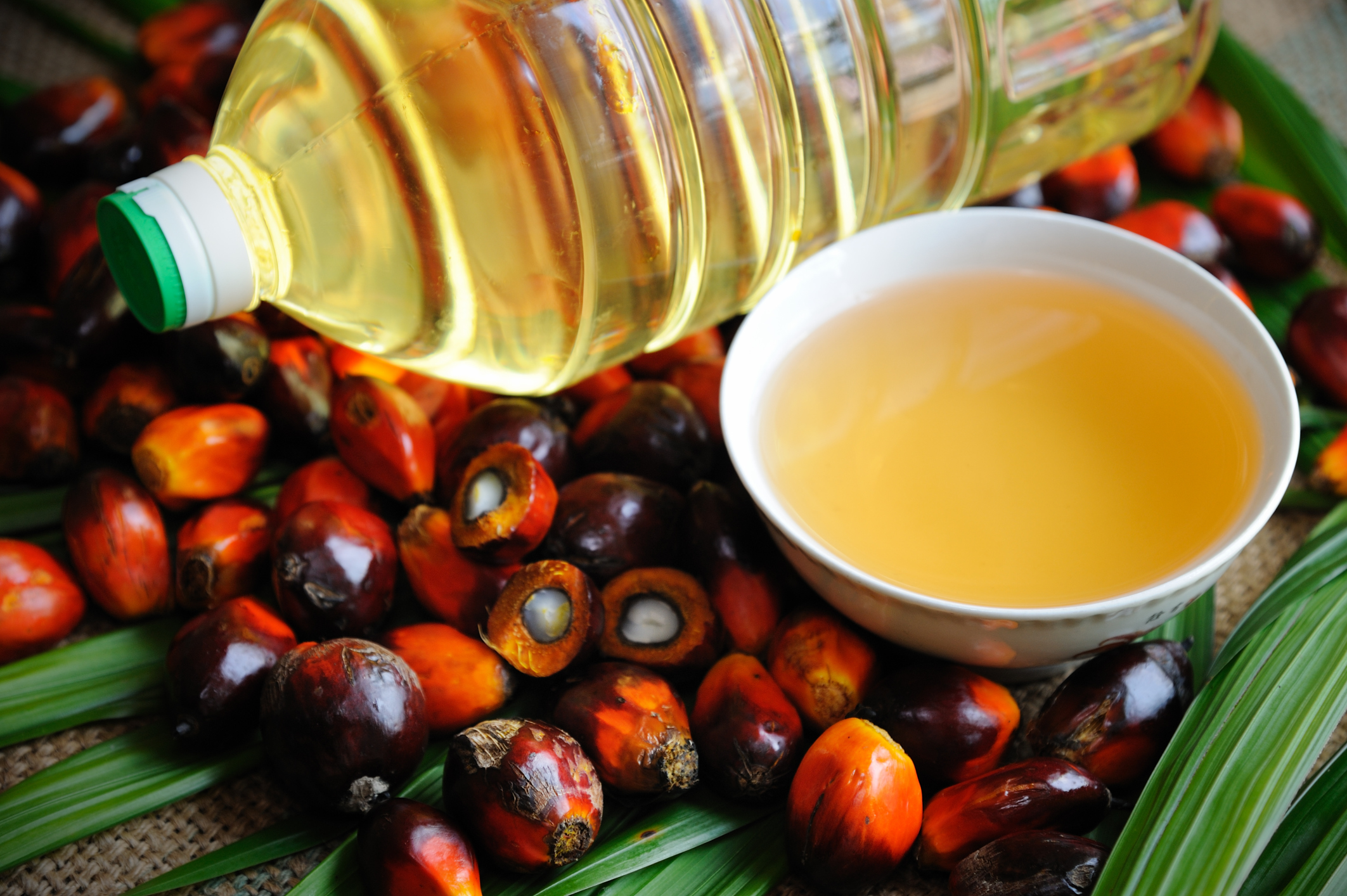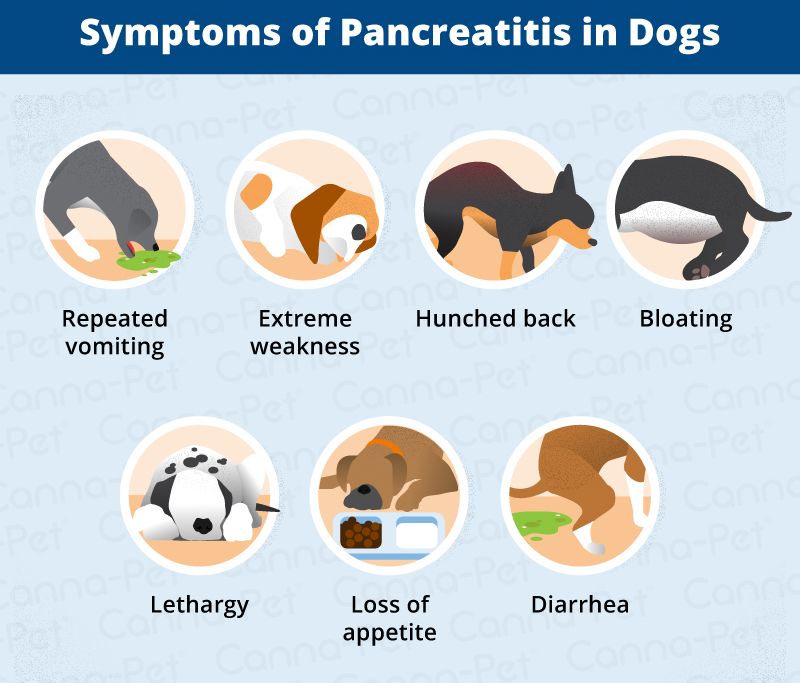
Image Source germanshepherddog.info
Palm oil has become a widely used ingredient in many products, from food to cosmetics. But what about its safety for our furry friends? As dog owners, it’s crucial to understand the potential risks and benefits associated with palm oil consumption for dogs. In this comprehensive guide, we delve into the topic to provide you with all the information you need to make an informed decision about incorporating palm oil into your dog’s diet or daily life.
The Basics: What is Palm Oil?
Before we dive into its safety for dogs, let’s first understand what palm oil is. Palm oil is a type of vegetable oil derived from the fruit of the oil palm tree. It is commonly used in various industries due to its high yield, versatility, and unique characteristics. In the food industry, palm oil is found in many processed products, including snacks, baked goods, and spreads. Additionally, it is used in cosmetics, cleaning products, and biofuels.

Image Source 3blmedia.com
The Controversy: Potential Risks for Dogs
Now, let’s address the elephant in the room – the controversy surrounding palm oil and its potential risks for dogs. While palm oil itself is not toxic to dogs, there are certain factors to consider that may pose risks to their health. One of the main concerns is the high fat content of palm oil, which can lead to obesity and related health issues in dogs if consumed in excess.
Image Source www.yahoo.com
1. Digestive Upset and Pancreatitis
Due to their unique metabolic systems, dogs may struggle to digest large amounts of fat, including the high-fat content present in palm oil. This can result in digestive upset, including diarrhea, vomiting, and even pancreatitis – a serious condition that can be life-threatening if left untreated. We’ll explore the connection between palm oil and pancreatitis in dogs more thoroughly later in this article.
2. Allergic Reactions and Skin Conditions
Just like humans, dogs can develop allergies to certain substances, including palm oil. While relatively rare, allergic reactions to palm oil can manifest as skin irritations, itching, redness, and rashes in dogs. If you notice any unusual skin conditions or allergy symptoms in your furry friend after exposure to palm oil, it’s crucial to consult with a veterinarian for proper diagnosis and guidance.
3. Nutritional Imbalance and Vitamin E Deficiency
Though palm oil is rich in vitamin E, an important antioxidant, the imbalanced ratio of fatty acids in palm oil can lead to potential nutritional deficiencies in dogs. Excessive consumption of palm oil without a well-rounded and balanced diet may disrupt the overall nutritional profile of your dog’s meals, potentially resulting in vitamin E deficiency and associated health issues. Ensuring a balanced diet is essential to avoid potential complications.
The Benefits: Understanding the Positive Side
While there are potential risks associated with palm oil consumption for dogs, it’s essential to recognize the potential benefits as well. Palm oil contains various essential fatty acids that are beneficial for dogs’ overall health and well-being. When incorporated into a balanced diet in moderation, palm oil can offer the following advantages:
1. Healthy Skin and Coat
The high vitamin E content in palm oil promotes healthy skin and a lustrous coat in dogs. Regular consumption of palm oil as part of a balanced diet can help alleviate dry skin, itchiness, and flakiness, leaving your furry friend with a glossy and radiant coat.
2. Boosted Immune System
Palm oil is packed with antioxidants, including vitamin E and beta-carotene, which help bolster your dog’s immune system. These antioxidants play a crucial role in neutralizing harmful free radicals, reducing inflammation, and supporting overall immune function.
3. Enhanced Energy Levels
The high-fat content in palm oil provides a concentrated energy source for dogs, making it especially beneficial for active or working breeds. Regular consumption of palm oil in appropriate quantities can offer a sustained energy boost, helping your pooch stay active, alert, and full of vitality.
Palm Oil and Pancreatitis: Understanding the Link
One of the most significant concerns regarding palm oil and dogs’ health is its potential to trigger pancreatitis. Pancreatitis is the inflammation of the pancreas, a gland responsible for producing digestive enzymes. While it can occur spontaneously or due to various factors, a high-fat diet, including excessive palm oil consumption, is often linked to pancreatitis in dogs.

Image Source canna-pet.com
Understanding Pancreatitis in Dogs
Pancreatitis can range from mild to severe and requires immediate veterinary attention. Common symptoms of pancreatitis in dogs include abdominal pain, loss of appetite, vomiting, diarrhea, lethargy, and dehydration. In severe cases, pancreatitis can lead to complications such as organ failure and even death.
The Role of Fats in Pancreatitis
Fats, including the high-fat content in palm oil, are known to trigger the pancreas to produce more digestive enzymes. In dogs with a predisposition to pancreatitis or those on a high-fat diet, this increased enzyme production can overwork the pancreas, leading to inflammation and the development of pancreatitis. It is crucial to monitor your dog’s fat intake, including their consumption of palm oil, to minimize the risk of pancreatitis.
Managing Potential Risks: Moderation is Key
Now that we understand the potential risks and benefits of palm oil for dogs, the key factor in keeping our furry friends safe lies in moderation. While small amounts of palm oil can be incorporated into your dog’s diet to reap its benefits, it’s essential to avoid excessive or uncontrolled consumption. Consult with a veterinarian to determine the appropriate serving size or alternative options to achieve a balanced and nutritious diet for your canine companion.
Conclusion
In conclusion, palm oil can be safe for dogs when consumed in moderation and as part of a balanced diet. While it contains potential risks such as digestive upset, allergic reactions, and a link to pancreatitis, the benefits of palm oil for dogs’ skin, coat, immune system, and energy levels are worth considering. Always prioritize your dog’s well-being and consult with a veterinarian to ensure their diet aligns with their unique needs and health conditions. By staying informed and making conscious decisions, you can provide the best care for your beloved furry friend.
